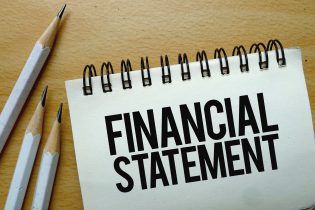Your New Construction Checklist for Your NYC New Development
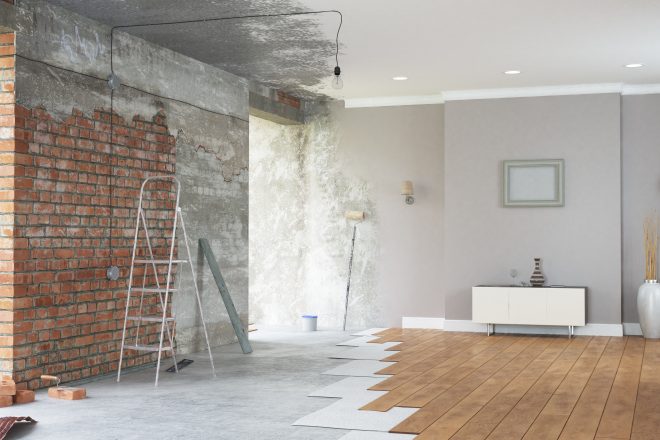
Are you buying a newly built NYC home? If so, your closing experience will likely look different than if you purchased a resale unit. There are unique benefits and challenges that come with purchasing a new construction. Here at New Dev Rev, we will take you through the things you need to know before closing on your new home. Here is our new construction checklist for NYC home buyers.
Table of Contents
Blue Tape and Final Walkthroughs
One of the most important steps to closing on a new construction new development is completing a walkthrough. In New York, you will likely do two walkthroughs: a blue tape walkthrough, and a final walkthrough.
Schedule Your Blue Tape and Final Walkthroughs
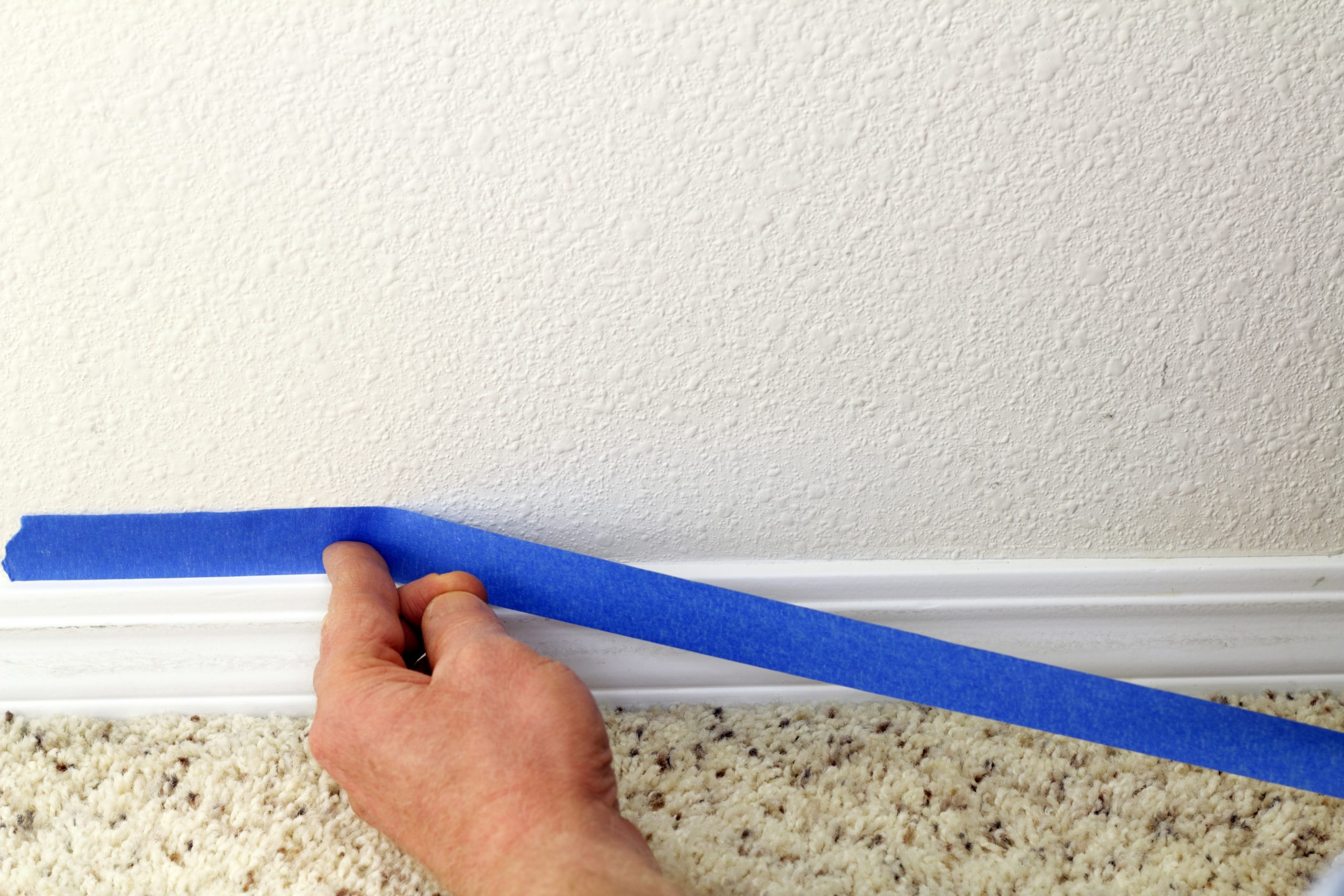
Before you close, or shortly thereafter, you will be able to walk through your new home to note any issues with the construction. This is called the blue tape walkthrough. The name “blue tape” comes from the painters tape buyers use to mark any spots that need changes or renovations.
After the blue tape walkthrough, the builders will address the issues they agreed to fix. Then, you will complete a final walkthrough. This will allow you to check that everything is in working order and up to your specifications before construction is officially completed.
Come Prepared
For the blue tape walkthrough, come prepared with anything you may need to identify and mark down problems in your home. Here is what we recommend:
- A roll of blue painter’s tape
- Informational documents
- Clipboard
- Notebook or paper
- Pen
- Pencil with eraser
- Measuring tape
- Flashlight
- Level tool
- Camera (or your phone)
- Your phone charger
While some of these may seem obvious, our last suggestion may leave you scratching your head. We recommend you bring your phone and phone charger so that you can check all of your outlets throughout your new home. Plug your phone (or any other portable, chargeable electric device that uses an outlet) into each socket so that you can identify electrical issues before you move in.
Additionally, you may want to bring any paperwork you have regarding your new home, such as the floor plan or offering plan. This way, you can cross reference on site to make sure you are getting what you agreed on.
Check for Problems
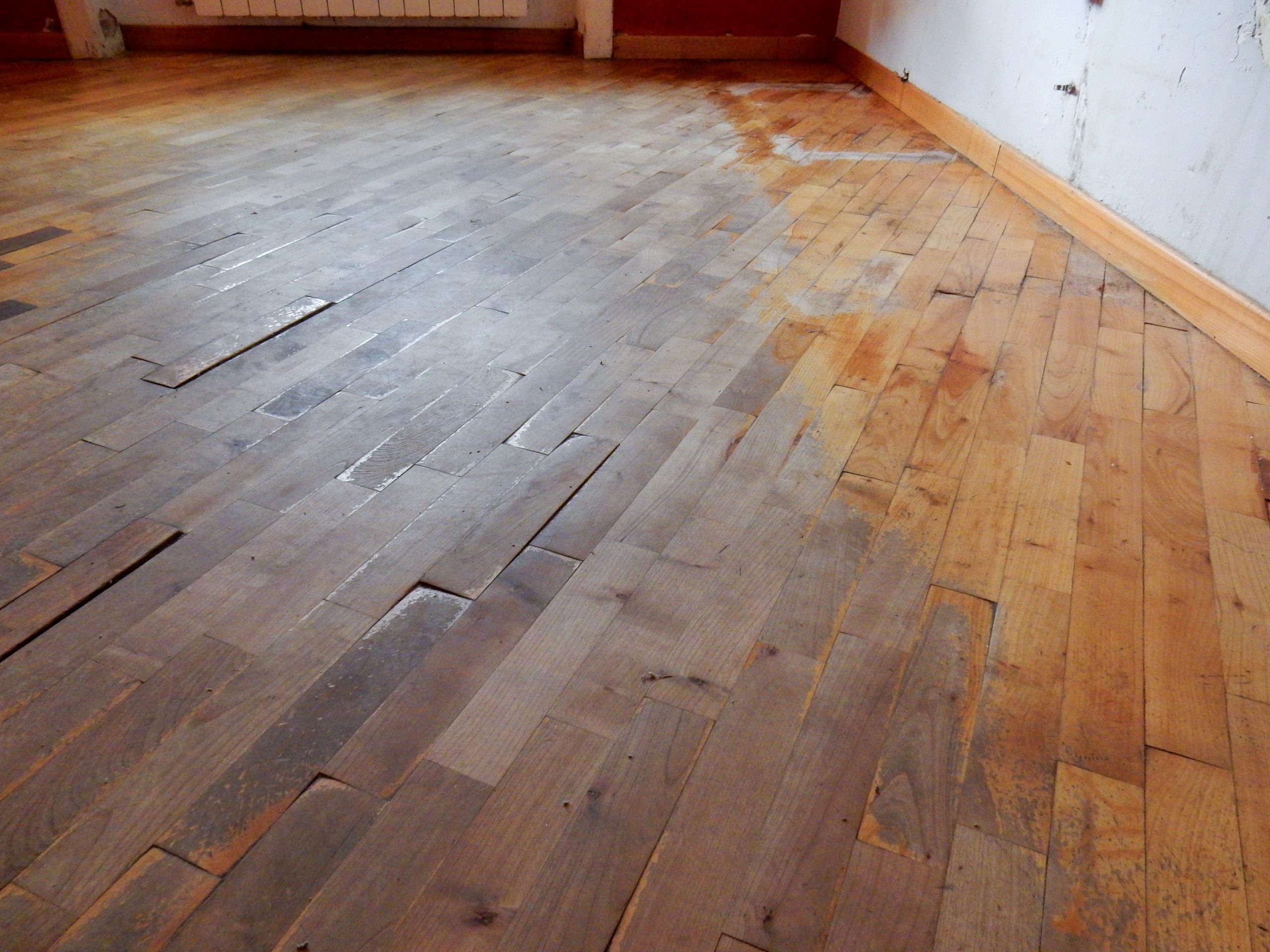
As you move through your new home, keeping an eye out for anything that is off from what you were promised is priority number one on your new construction checklist. This includes design differences as well as functionality issues. Here are some common construction errors for which you should be on the lookout:
- Incorrect paint colors
- Incorrect building materials
- Uneven surfaces
- Incorrectly installed appliances
- Malfunctioning appliances
- Electrical Issues
In particular, be sure to check:
- Outlets
- Oven
- Dishwasher
- Clothes washer and dryer
- Lights
- Stovetop gas
- Drains
- Sinks
- Showers
- Baths
- Toilets
- Thermostats, heating, and AC
- Fans
- Ventilation
- Grouting in tiles
- Caulking
- Seals and locks on windows and doors
- Hot and cold water
- Drawers and Cabinets open properly
- Intercom, buzzer, and doorbell
Once you have identified the specific problems, mark them with your tape and write them down in your notebook or make a note on your phone. Communicate the issues with the builder so that they can be remedied before your final walkthrough.
Final Walkthrough
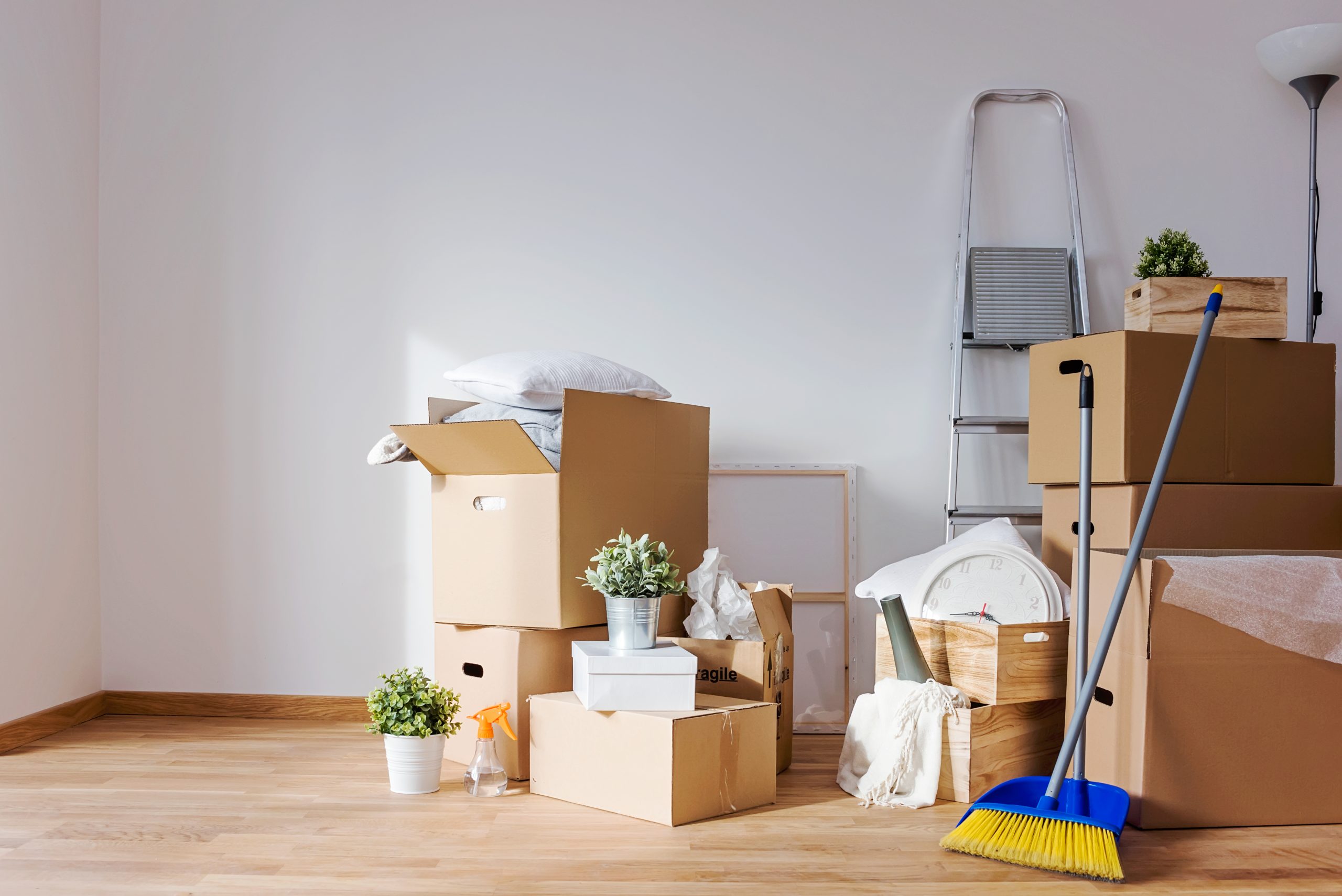
Walk through your new home one more time before signing off on the new construction. Make sure that everything that needs to be fixed, has been fixed. If any of the issues have not been addressed by the time of this final walkthrough, consult with your real estate attorney about your options. They may be able to negotiate a better solution for you and the builder, and they can protect your rights in the process.
Get Your Paperwork in Order

Finally, you will want to make sure that all of your paperwork and financing are in order to complete your purchase of your home. This may happen before or after your final walkthrough, depending on your agreement with the seller.
Your real estate agent can be a great resource in organizing everything you need to finalize the deal. A real estate attorney can also be a big help in negotiating for your best interests before you close. Make sure you ask your attorney about their fees beforehand, since they can vary based on the complexity of the deal. Also, if you are purchasing a sponsor unit (more on that later), you may have to pay the seller’s attorney fees as well, so keep that in mind.
Tips for Buying a New Construction in NYC
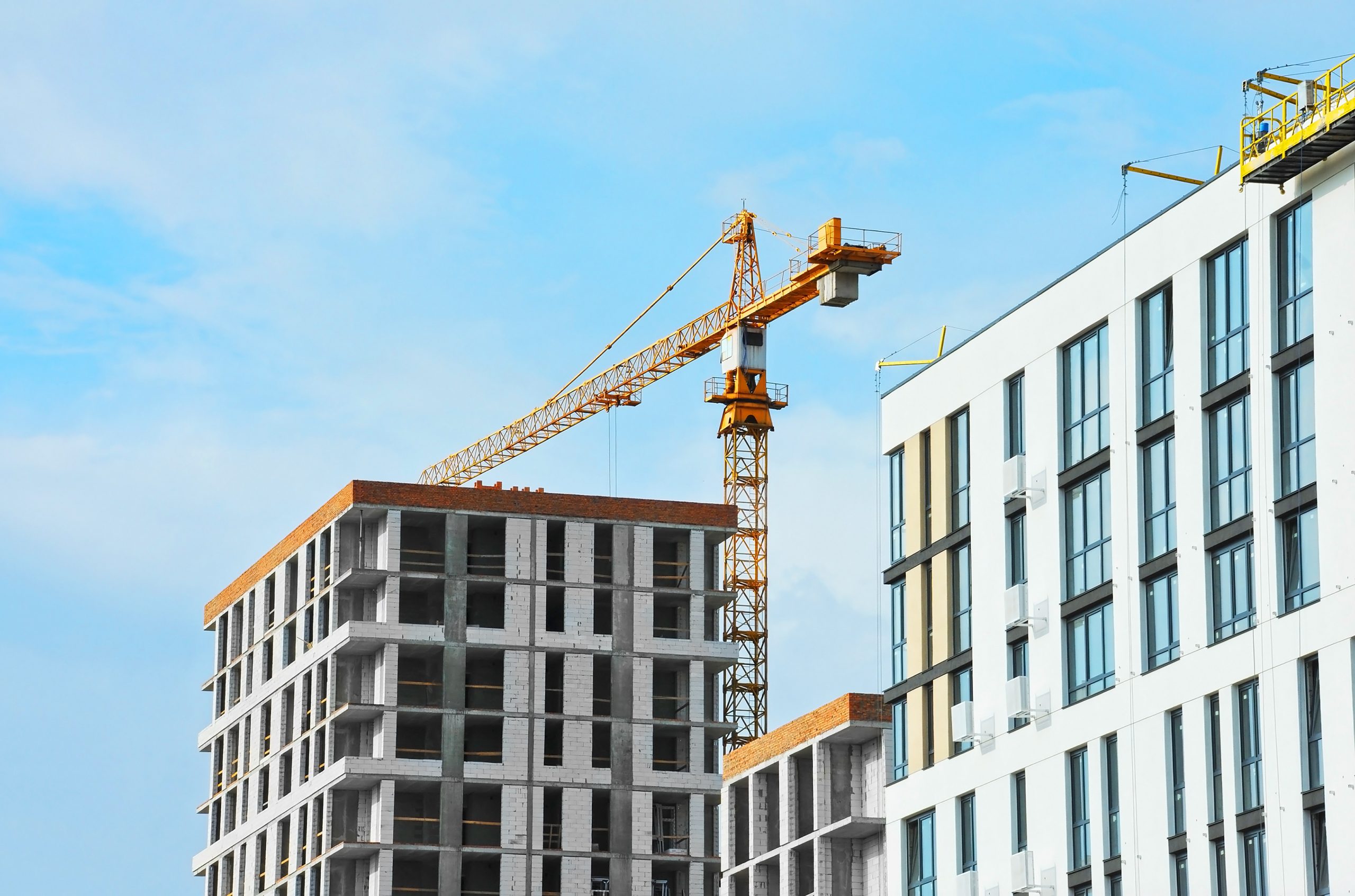
Of course, before you can do a walkthrough or pay closing costs, you will need to have found your new home already. When you are shopping for a new development in NYC, there are some factors you will need to keep in mind that are unique to new constructions. Hence the need for this new construction checklist. Here are our tips and tricks for buying a new construction home in NYC.
Look for Sponsor Units
First, know what kinds of units you are searching for. When looking for newly constructed new developments, you will most likely be searching for sponsor units.
Are There New Co-ops in NYC?
There are two main types of apartments sold in NYC: condos and co-ops. Co-ops are units in a building that has formed a corporation. When you purchase a co-op, you are not buying the actual property. Instead, you are buying shares in the corporation. These shares give you the right to live on the property, and the size of your apartment will correspond to the number of shares you own.
Because of the nature of the NYC real estate market, most new constructions will be condos, not co-ops. While there may be some newly renovated co-ops that are undergoing conversion, this is not the same as new construction. You will not be able to do the blue tape walkthrough, and you will most likely have a limited ability to influence final changes to the apartment.
Not to mention that co-ops have boards and boards enact policies that limit the renovations you are allowed to complete. If you prioritize your freedom to customize your own home, then a newly constructed condo would be best for you.
New Construction Condos in NYC
Condos, also known as condominiums, are apartment units that can be purchased outright. When you buy a condo, you are buying the actual property. Many newly constructed condos in NYC are sponsor units, meaning that they have never been sold on the market before. These units are owned by the original builder, and they can come with all sorts of perks. Check out our full write up on sponsor units here.
Find the Right Neighborhood
As you search for the right apartment unit, make sure that it is also in the right location. There are plenty of neighborhoods across NYC that are bustling with new construction. Whether you want to live uptown, downtown, or in Brooklyn, Queens, or the Bronx, our neighborhoods page has got you covered. Check it for information about the exciting new developments going up in your favorite spots in the city. Don’t know where to start? Take a look at our profiles for some of the most exciting new developments on the market.
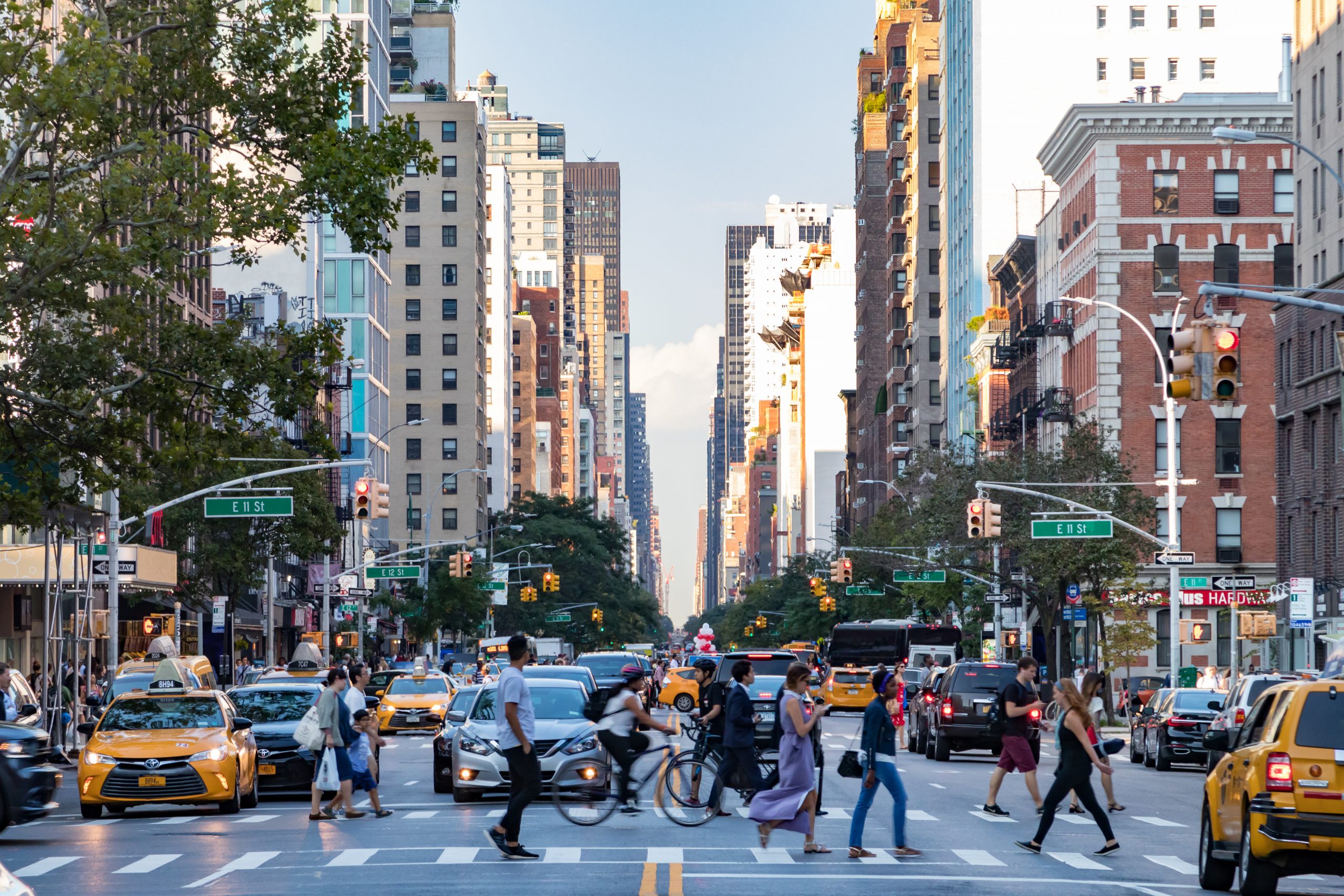
Prioritize Amenities
Finally, consider the amenities you want and need as you search for your newly constructed new development. Developers are offering mind blowing amenities these days, from indoor bowling alleys to full fledged spas to private dog parks. But which amenities are important to you? And which ones are worth negotiating for before you close on your new home?
Community Amenities
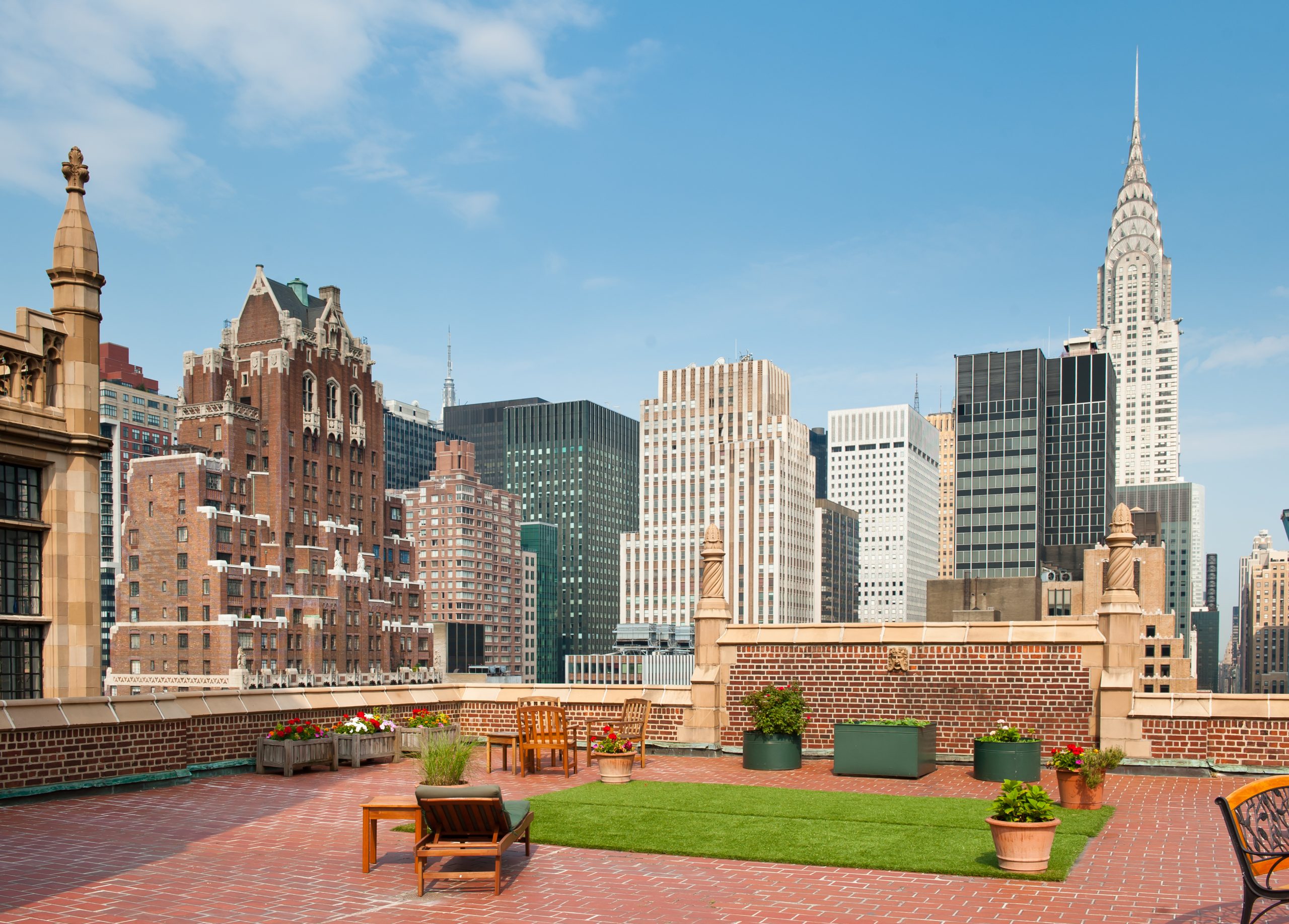
These amenities are shared by the whole building, or by several units in the building. Some great community amenities that developers are offering include:
- Gardens
- Rooftop terraces
- Children’s play areas
- Gyms and fitness centers
- Indoor pools
- Saunas
- Spa treatment rooms
- Recreation areas
- Screening rooms
- Recording studios
- Lounges Bars, restaurants, and cafes
- Coworking spaces
- Libraries
- Pet amenities
- Private parking
- Doorman and other staff
And much more!
If you can imagine it, there is probably a development somewhere in the city that has it (or there will be soon). You can learn more about the community amenities in newly constructed buildings by checking their website or asking your real estate agent.
Private Amenities

These amenities are for your personal use and are limited to each individual apartment unit. They include things like the following:
- Smart locks, doorbells, and other smart home technology
- Private balconies or terraces
- In-unit washer/dryer
- Other in-unit appliances like dishwasher, microwave, etc.
When looking into the best amenities for your apartment unit, do your research on the state of the art technology currently on offer. Some New Yorkers love the idea of a smart home. It provides an added layer of security and convenience. However, other buyers may want more traditional home appliances and devices. Find out if you can customize the gadgets around your new home to best fit your needs and preferences.
Close on Your New Construction New Development
When you have found your dream home, done your walkthroughs, and settled on your terms, it is time to officially close on your new apartment. At NewDevRev, we post articles to help you through every stage of your home buying process–from the initial search to the finishing touches.
Start your search for your perfect NYC new development apartment today!
- Categories:
